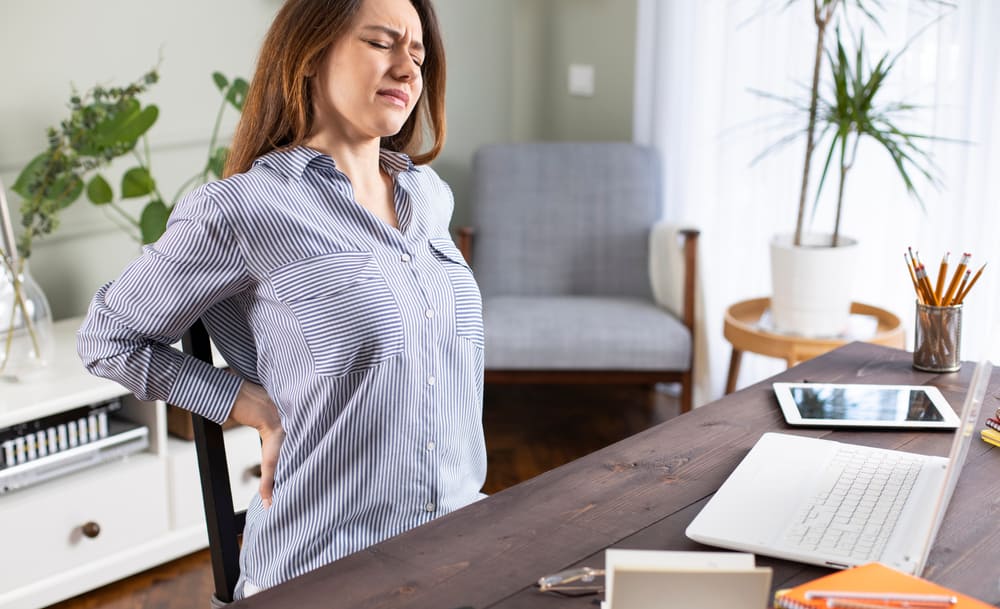Lower back and neck pain can be debilitating, affecting individuals’ daily activities and overall quality of life. In search of relief, many people turn to pain medications, including opioids. However, recent studies and medical evidence suggest that low-dose opioids are ineffective in treating acute lower back and neck pain. In this blog post, we will delve into the reasons why low-dose opioids fall short in addressing these types of pain and explore alternative solutions for effective pain management. For an effective treatment plan book a consultation at (469) 545-9983.

Limitations of Low-Dose Opioids:
Inadequate Pain Relief:
Studies have shown that low-dose opioids provide limited pain relief for acute lower back and neck pain. Opioids primarily target the brain’s receptors to reduce pain perception, but they may not effectively target the underlying causes of the pain itself. As a result, individuals may experience only temporary and partial relief, rather than long-term solutions.
Potential for Dependency and Side Effects:
Opioids, even at low doses, carry a risk of dependency and addiction. Prolonged use of opioids can lead to tolerance, requiring higher doses to achieve the same level of pain relief. This cycle can lead to addiction and withdrawal symptoms when attempting to discontinue opioid use. Additionally, opioids can cause adverse side effects such as drowsiness, constipation, nausea, and respiratory depression, which further impact an individual’s well-being and daily functioning.
Exploring Alternative Solutions:
Non-Opioid Pain Medications:
Non-opioid pain medications can be an effective alternative for managing acute lower back and neck pain. Nonsteroidal anti-inflammatory drugs (NSAIDs), such as ibuprofen or naproxen, can help reduce inflammation and alleviate pain. Acetaminophen is another option for pain relief, although it primarily targets pain perception rather than inflammation.

Physical Therapy and Exercise:
Physical therapy plays a crucial role in the management of acute lower back and neck pain. A trained physical therapist can design a customized exercise program focused on strengthening the muscles supporting the affected area, improving flexibility, and promoting proper posture. Physical therapy also includes various modalities such as heat or cold therapy, ultrasound, and electrical stimulation, which can provide pain relief and promote healing.
Mind-Body Techniques:
Mind-body techniques, such as yoga, meditation, and mindfulness-based stress reduction, have shown promise in alleviating pain and improving overall well-being. These techniques help individuals manage their pain perception, reduce stress, and enhance relaxation, leading to a better overall pain management strategy.
Heat and Cold Therapy:
Applying heat or cold to the affected area can provide temporary pain relief and reduce inflammation. Heat therapy, such as using heating pads or warm baths, promotes blood flow and relaxes muscles. Cold therapy, such as ice packs or cold compresses, helps numb the area and reduces swelling.
Complementary Therapies:
Alternative therapies, including acupuncture, chiropractic care, and massage therapy, can also be valuable in managing acute lower back and neck pain. Acupuncture involves the insertion of thin needles at specific points to stimulate the body’s natural pain-relieving mechanisms. Chiropractic care focuses on spinal adjustments to improve alignment and relieve pain. Massage therapy helps relax muscles, improve circulation, and reduce pain.
While low-dose opioids may be commonly prescribed for acute lower back and neck pain, their effectiveness is limited, and they come with potential risks and side effects. Exploring alternative solutions, such as non-opioid pain medications, physical therapy, mind-body techniques, heat and cold therapy, and complementary therapies, can offer more effective and sustainable pain management strategies, talk to an expert at Specialty Care Clinics. It is essential to consult with healthcare professionals to determine the most suitable approach for each individual’s specific condition. By adopting these alternatives, individuals can find relief from acute lower back and neck pain while minimizing the risks associated with opioids.
